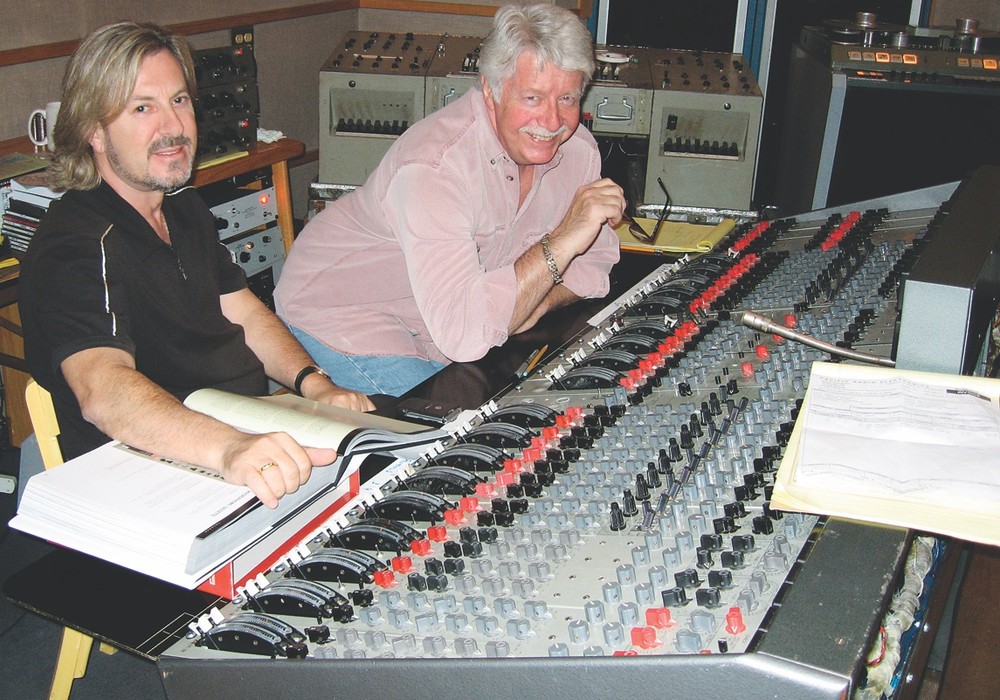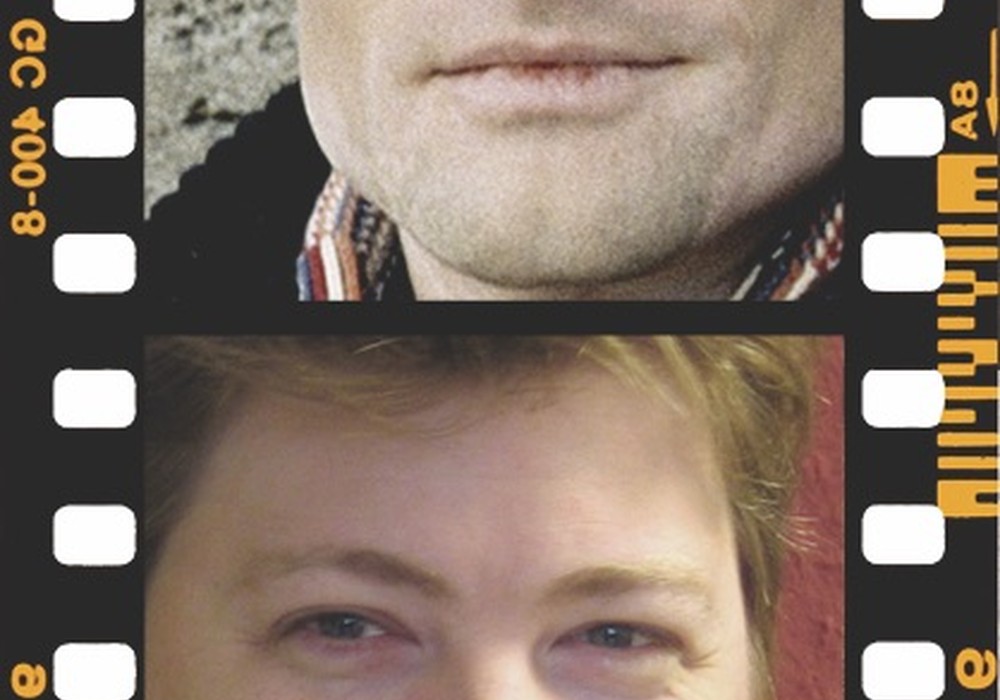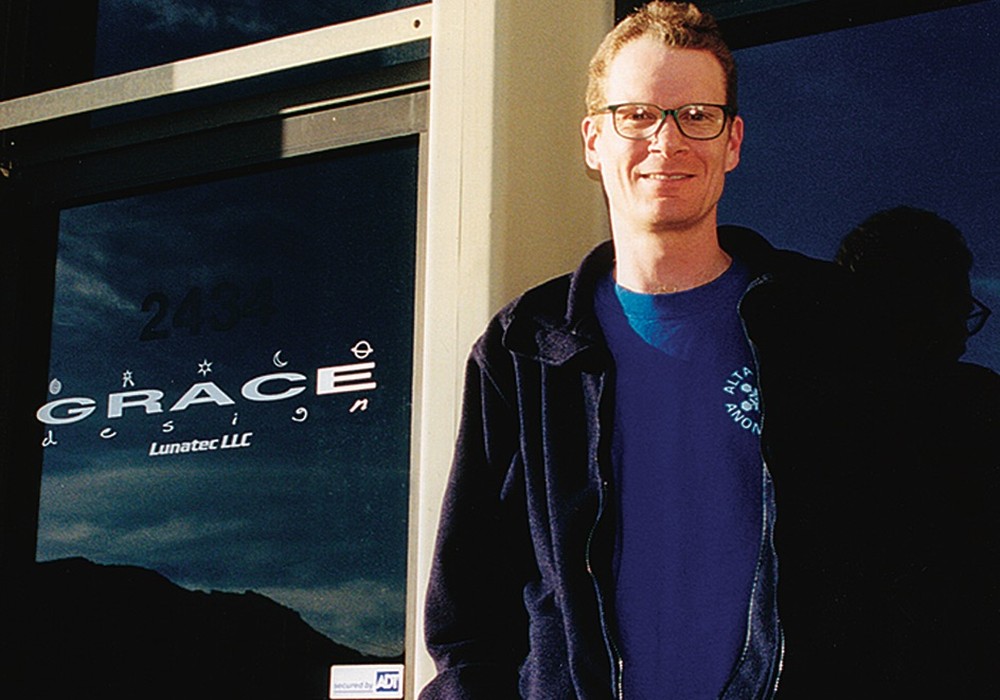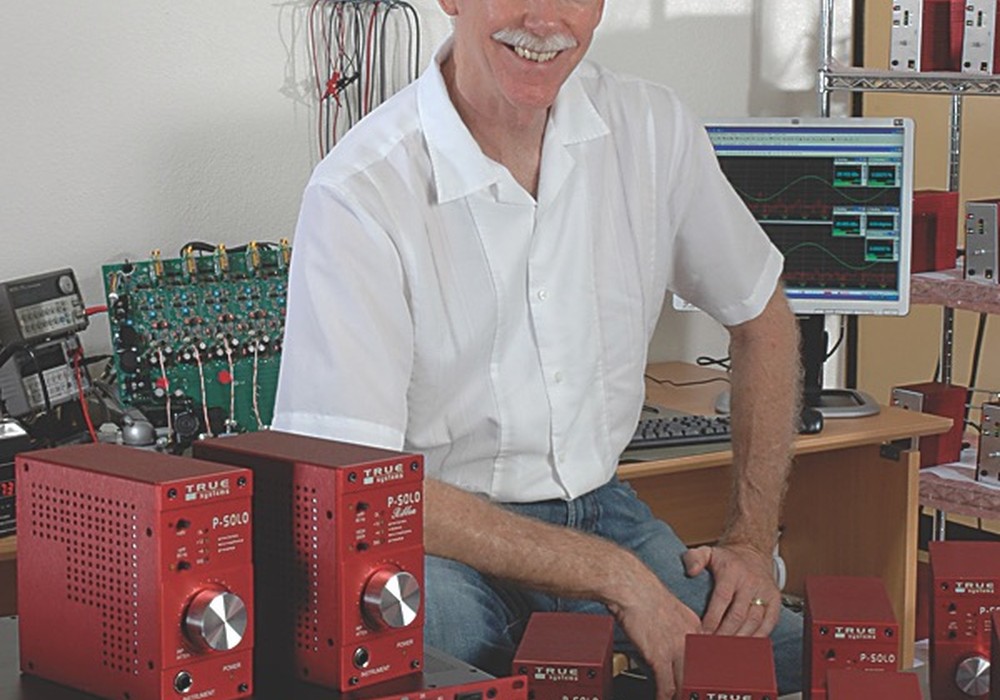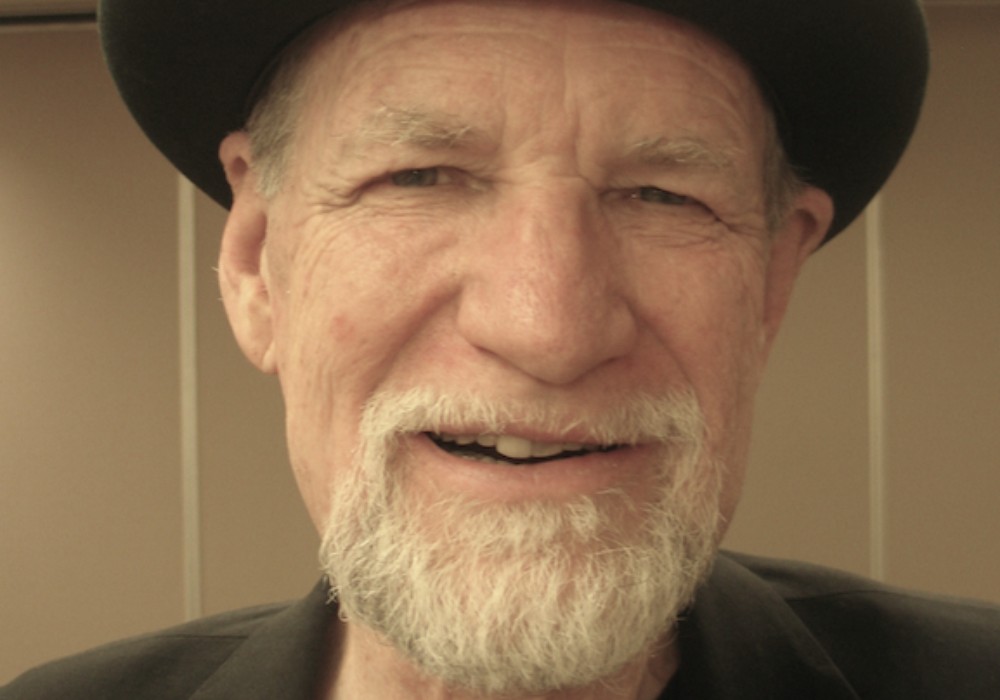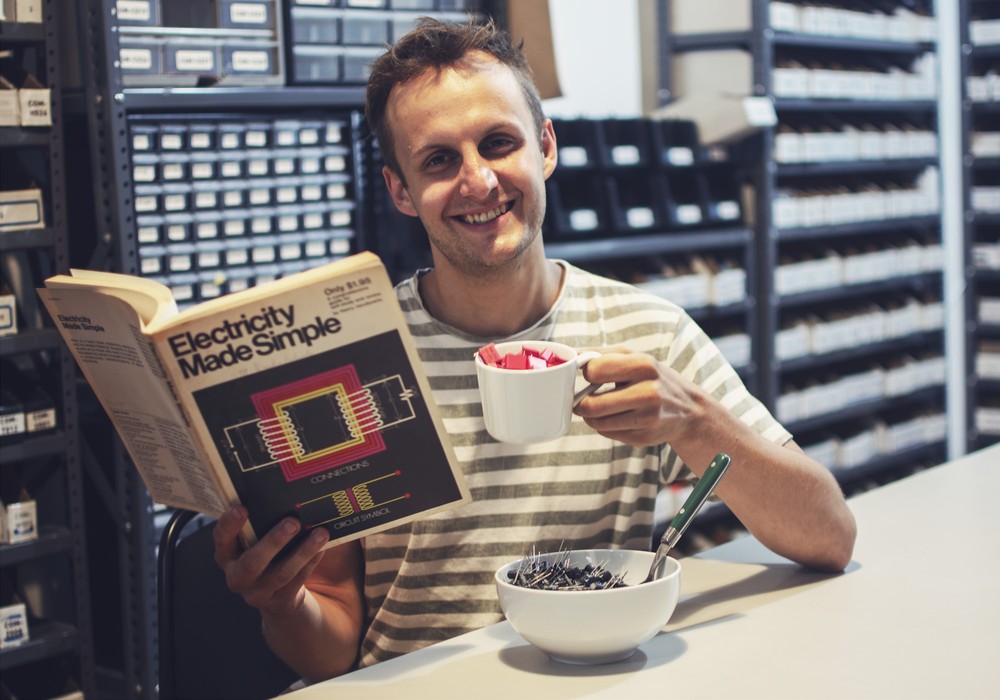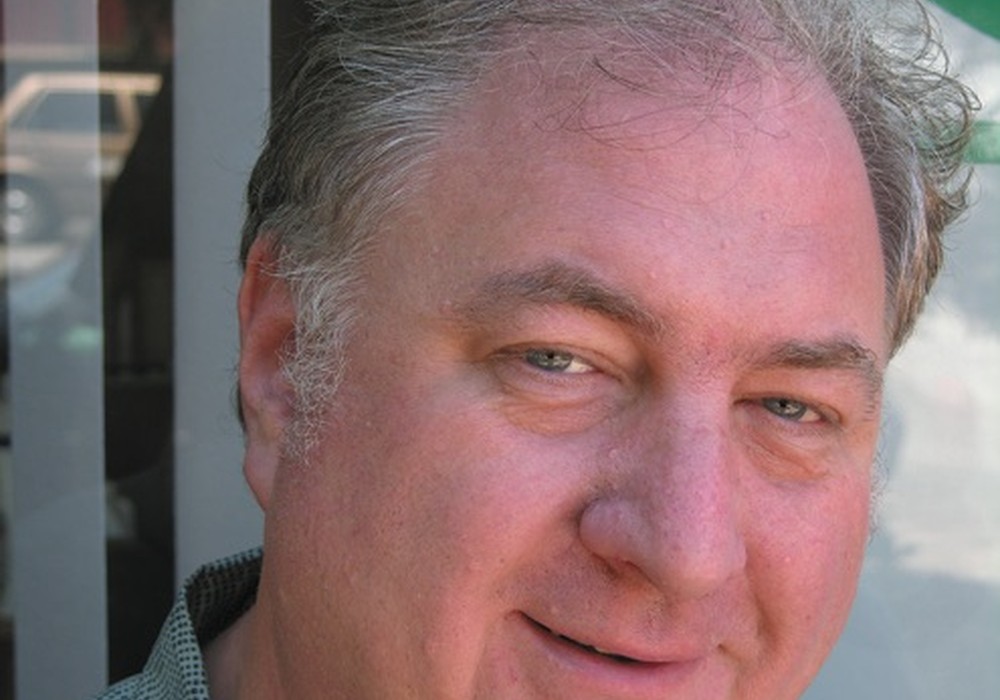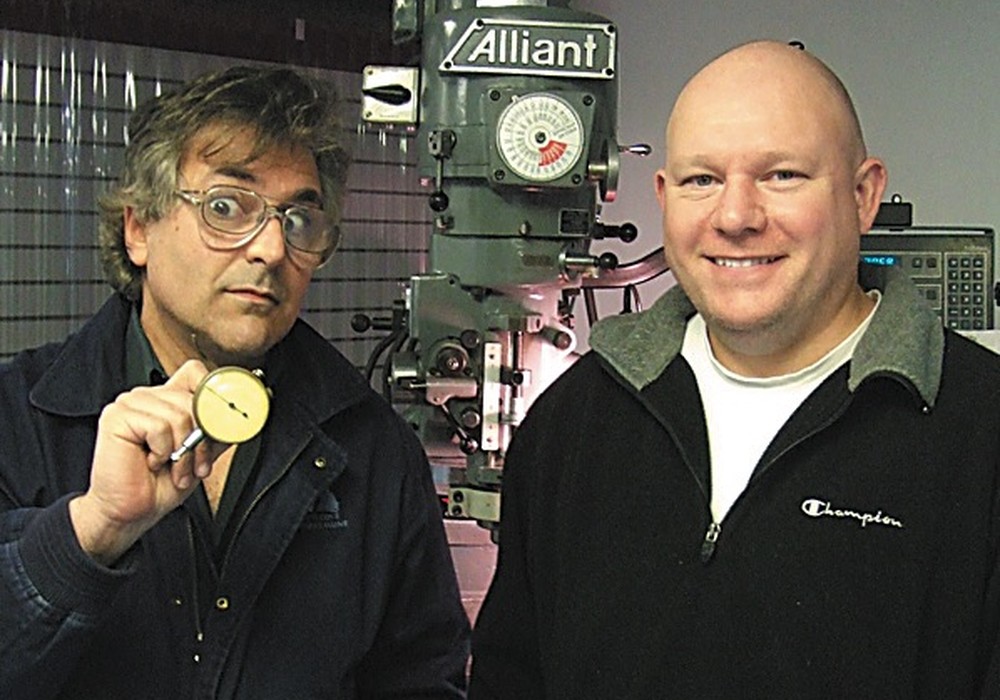In many a studio the Empirical Labs Distressor is as much a common sight — and sound — as a guitar amp or coffee machine. And for good reason — it works well, it's highly tweakable, and it sounds great. Could it be that the Distressor is the ultimate compressor? The only other product currently available from Empirical Labs is the Fatso, a "warming box" for digital that has drawn more raves from many users. Dave Derr has headed his Empirical Labs for seven years, used to work with Eventide, and has a past as a rock-n-roller. Plus, he's a down-to-earth guy who takes pride in the fact that many amazing records get made using his products.
So what made you decide to become a "gear designer guy"?
[laughs] Like most people in the industry, I was a musician for many, many years, and I was raised in a family of engineers.
What do you play?
I started out with rock guitar, but I was a music major in college and studied classical piano and composition and theory — all that stuff. Then after college I was in a group for twelve years as a professional musician. And was very lucky, had a blast — we had a recording contract and everything.
Oh, really? What was the label? What was the band?
The label was called Ransom Records — it was distributed by RCA — and the band was called Jack of Diamonds. We were kind of like contemporaries of The Hooters and a couple groups from the Philadelphia area.
Were you doing gear and electronics while you were a musician as well?
In the band I sometimes would get stuck with repairs. I was always trying to keep the PA working right, but I wasn't really designing anything. When our band broke up I was kind of milling around. I happened to be in a Radio Shack, and a guy was in there that had seen my band and started talking to me and he told me his company was looking for an electronics technician, and I jumped on it. It was a medical company, and a guy there named Jim Bryan kind of took me under his wing. He was a senior engineer from MIT, and he was so good to me. Whenever I had a question he always encouraged me to come to him and ask. He let me have access to all the parts I could ever want at the company — he was interested in audio himself. From that I started teaching myself. I got a couple of books from Radio Shack: AC circuit analysis, read it, got a scientific calculator, worked through the problems, and shortly after that I applied for a job at Eventide as an engineer. I had gotten to where I could do amplifier design and I had a pretty good feel for how to do low noise circuitry. I was never good at taking tests ever. Richard Factor at Eventide sat me down on my interview and gave me a test, a written test, and left. I just happened to know almost everything on the test and I got the job at Eventide.
About what year was this?
I think it was '86.
And what was some of the stuff you worked on at Eventide?
I was a real hack of an engineer — I wasn't trained as well as the other guys — but I had a lot of audio knowledge in h the AES show in New York. He said, "Dave, you're inow things should work. My first project there was canned because of my ineptness. It wasn't an audio product, though, at least not directly. I got thrown into a group of great engineers — Ken Bogdanowicz [Tape Op #62] and Bob Belcher.
Ken Bogdanowicz started Wavemechanics.
He's just a wonderful person and a brilliant engineer. And I was lucky enough to be thrown in with him and Bob. Those guys, again, hauled me up by my boot straps, showed me a lot of things, and made me feel stupid a lot. The three of us designed the H3000, which later went on to become the 3500 and all its incarnations. I did the analog section and helped out a lot with the interface and presets.
How long were you at Eventide?
Nine years, I believe.
After that did you start Empirical Labs?
No, I had a recording studio — a 24-track analog recording studio in a big house.
Where was this?
This was in Garfield, New Jersey. Busy all the time — never made a lot of money from it. Immediately after I left Eventide I started working on a couple of products. The Distressor was the main one. I spent probably three or four years kind...
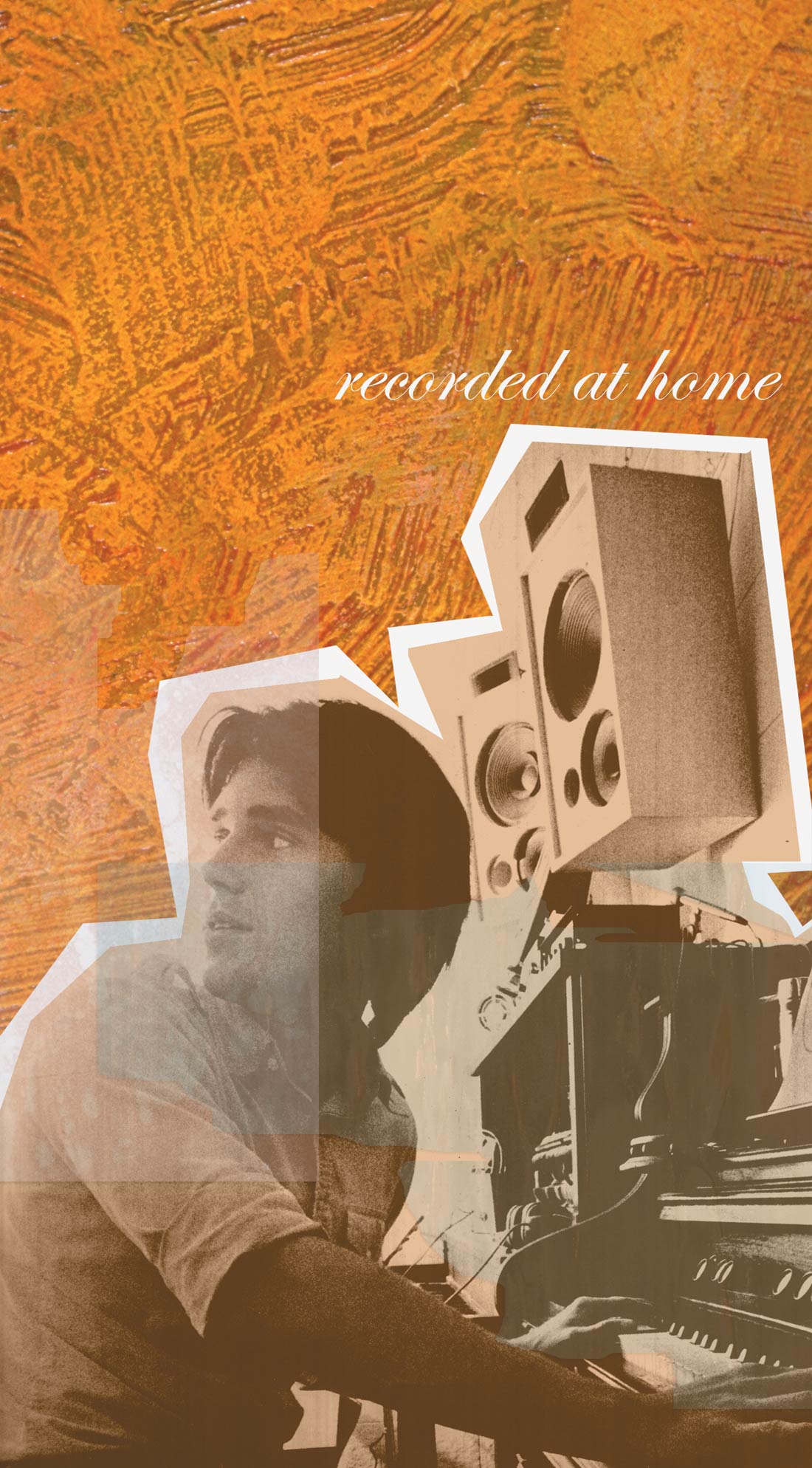



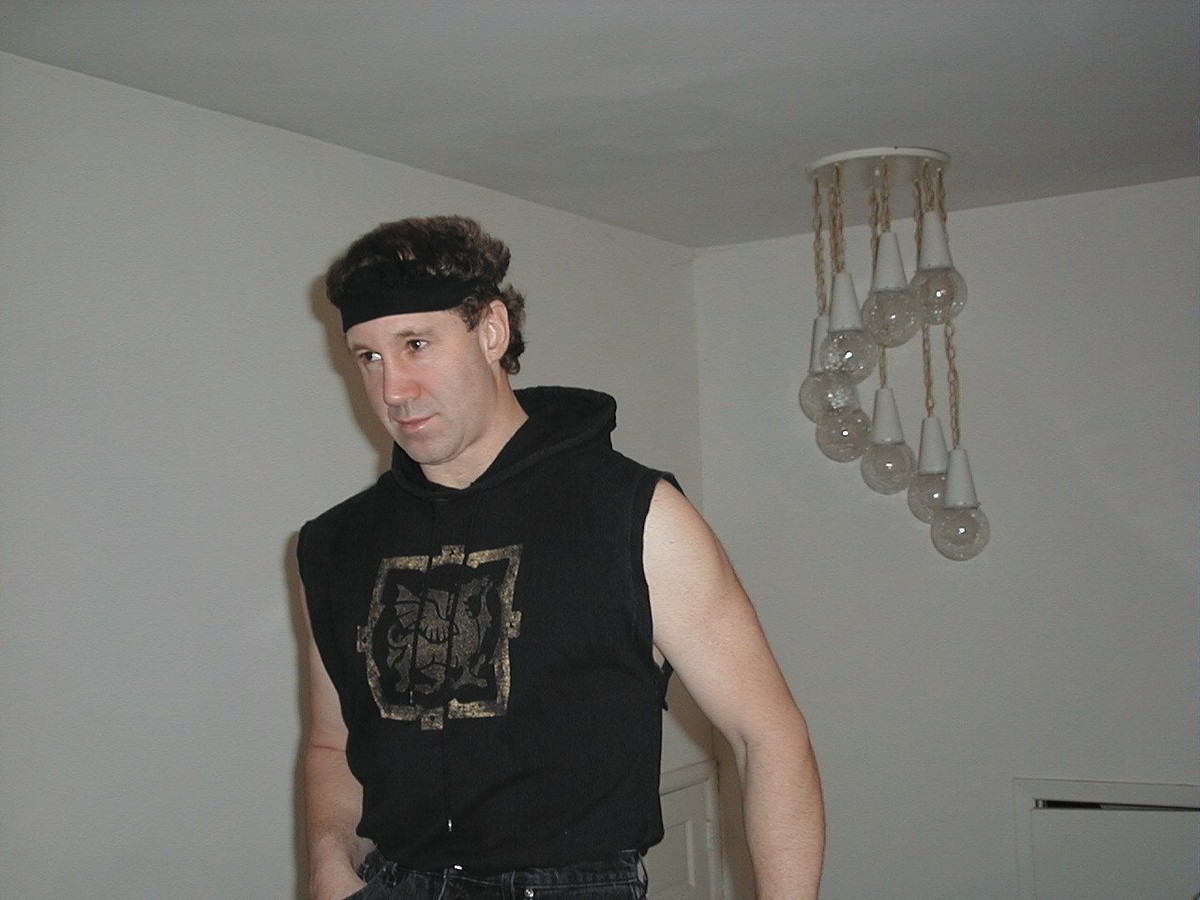


_disp_horizontal_bw.jpg)
